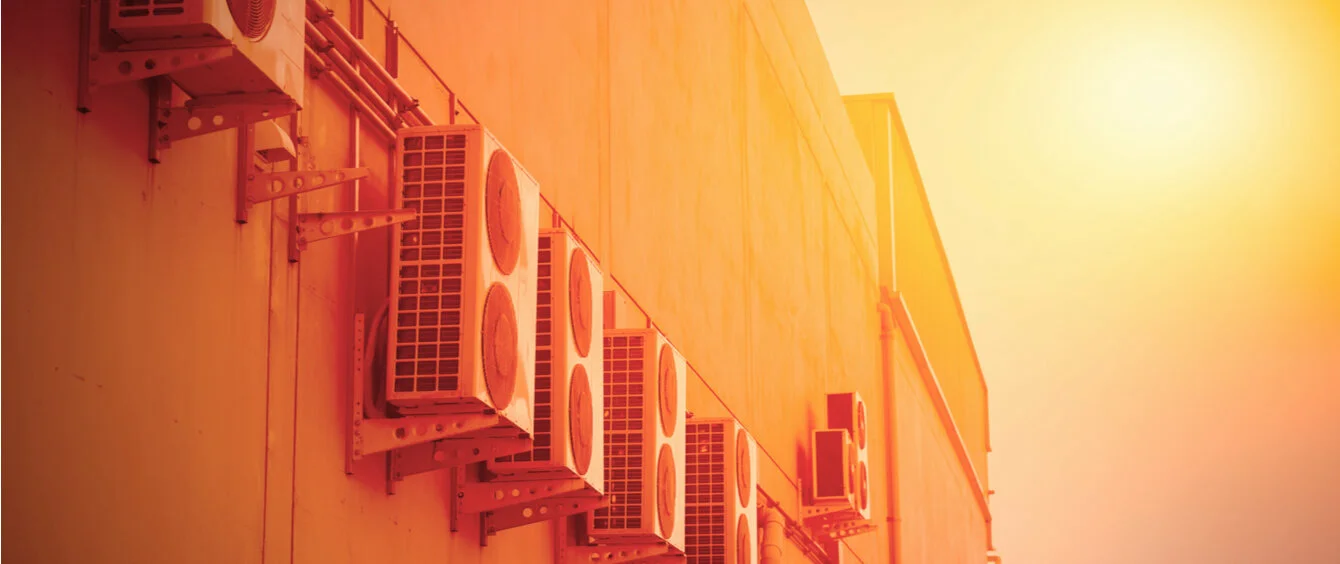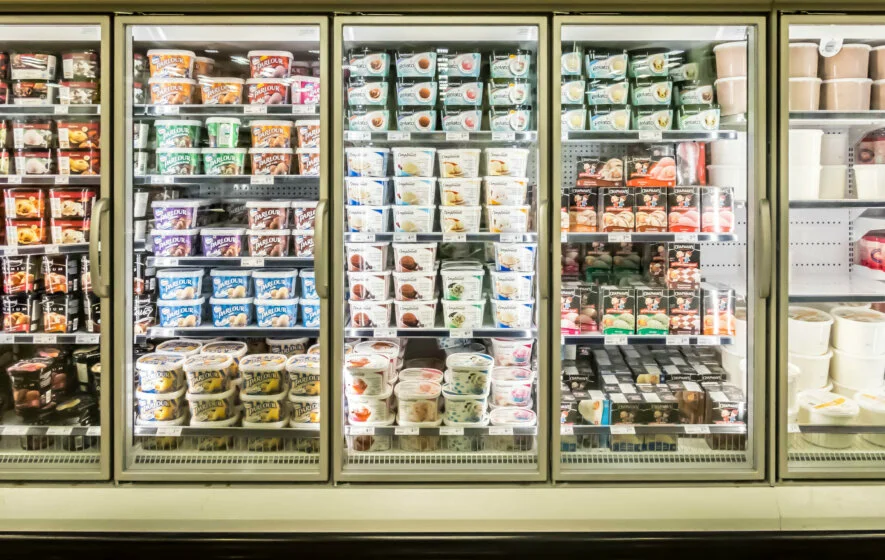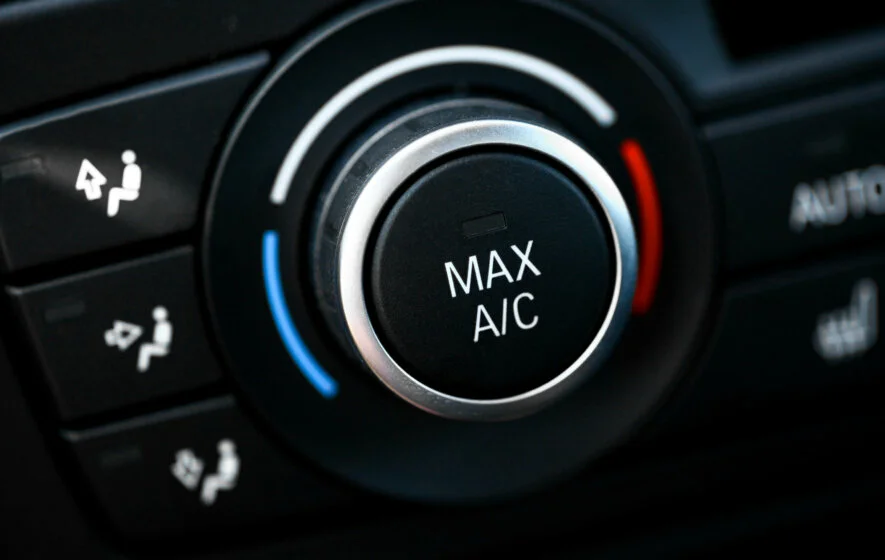One might think that the many hours of sunshine during the summer months would provide for more than enough energy. But we humans tend to be paralyzed by hotter climates and crave relief from the heat. By the time the 30-degree mark has been exceeded, the heat has become an unbearable burden for many.
This also causes the power grid to feel the strain: On the four days at the end of July when temperatures across Germany soared to 30 and even 40 degrees Celsius, the nation consumed nearly 3 percent more power than in the preceding six working days.
Of course, air-conditioning systems are a factor which cause higher power consumption. After all, the power consumption of an air conditioning system for a 20 square metre room is around that of a hotplate, which is usually supplied with high voltage current. But there are other factors, which take centre stage in summer versus the colder months.
Open-air swimming pools
Lidos need notably less energy than indoor pools. There are various reasons for this: For example, there are hardly any interiors which need to be heated or lit. And the warmer it is outside, the less energy is needed to heat the water to the desired temperature. When considered on an annual basis, it is also relevant to note that open-air pools are only operated seasonally, whereas indoor pools are open all year round.
As such, lidos, in addition to the indoor pools, are partially responsible for the higher energy consumption in summer. After all, each square meter of water roughly requires around 500 kWh of thermal energy a year, without taking the required 100 to 200 kWh/m²a of electricity into account. The divergences in terms of actual consumption are in fact considerable and depend, among other things, on the size of the pool and the technology used. However, if one takes the mean value to get a ballpark figure, one is left with an annual energy requirement of approximately 800 megawatt hours for an Olympic swimming pool, i.e. eight 50-metre lanes. That is around the same as the annual power consumption of 20 three-person households.
Refrigerating
Refrigerators and freezers are currently notably more energy efficient than ever before. However, they are responsible for around one-sixth of household power consumption. Various factors have a tangible effect on consumption: When the air around the appliance is hotter, for example, then the refrigerator usually needs more electricity – especially if it is opened and closed frequently or left open entirely. This causes warm air to enter the cold inner chamber every time, which then has to be cooled down again. Chilling drinks, for example, also requires more energy.
On a much larger scale, the electricity consumption of cold stores also increases significantly with heat. And here, too, the differences are considerable. Even large cold stores – which tend to be more efficient than smaller ones because of their volume – require about 1.5 times as much energy at the height of summer versus in winter.
Incidentally, the notion that the colder the ambient temperature, the less power is consumed by refrigerators is only partially true. Some manufacturers note that the efficiency of the appliance decreases again below 18 degrees Celsius. And another thing: Open refrigerators are not suited as air conditioners. They create colder temperatures by funnelling the heat from the inside out. As such, rather than cool the kitchen this would have quite the opposite effect.
Laptops and mobile phones
It certainly has no significant influence on the power grid, but it does on battery life: When it’s hot, we are forced to recharge cell phone and laptop batteries more often. Laptops and notebooks have cooling fans which have to work even harder, the hotter the inside of the computer. And more power is used accordingly. The same goes for processors, which also consume slightly more power when it is hotter.
However, damage caused by overheating is more detrimental to battery life: If lithium-ion batteries become too hot, parts of the electrolyte in which the energy is stored may evaporate. This causes the storage capacity to decrease dramatically. A spot in the sun is no place for mobile phones and the like.
Air conditioning systems in cars
This would mean that a mobile phone, mounted under the windscreen is probably not going to do so well on hot days. Unless it is possible to direct an aircon jet directly towards the phone. The aircon is another culprit which is often forgotten when we think of higher power consumption in summer. Of course, air conditioning systems are also powered with electricity.
In combustion engines, the engine generates the necessary electricity via a generator. The rule of thumb for increased consumption is one litre per 100 kilometres. But that depends largely on how hot it is outside and how cold it should be inside the car. With older models and a high cooling capacity, it can be much more.
When it comes to electric cars, the electricity comes either from a fuel cell or – much more frequently – a battery, which also supplies power to the engine. Some experts say that the use of air conditioning can reduce the travel distance of electric vehicles by up to 50 percent.
Barbecue or stove?
Whether we place our steak or soy schnitzel on the electric barbecue or in the pan is neither here nor there from a required power perspective. Both will need about 2,000 watts from the mains. So it depends more on how hot you plan on searing the food and how long you use the appliance.
In fact, the barbecue might even be bit more economical as it transfers the heat directly to the food. What is more, a barbecue in the garden won’t heat the house – which would otherwise need to be cooled using the aircon.
Photo credits: Quality Stock Arts, shutterstock.com


